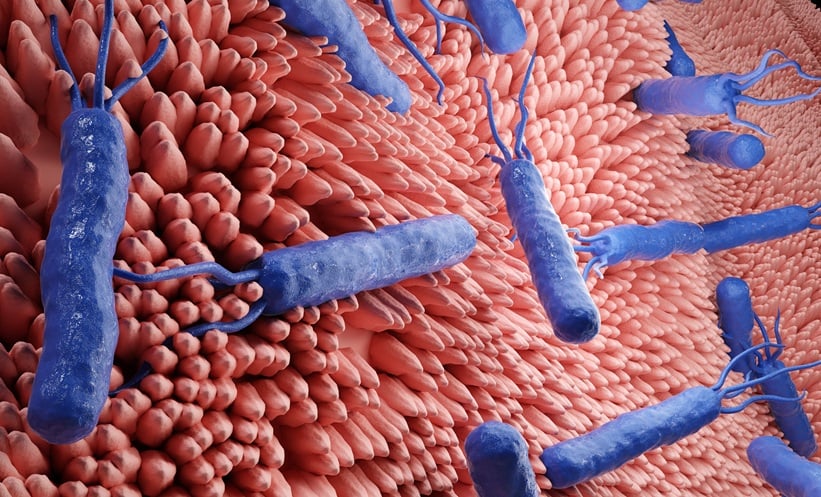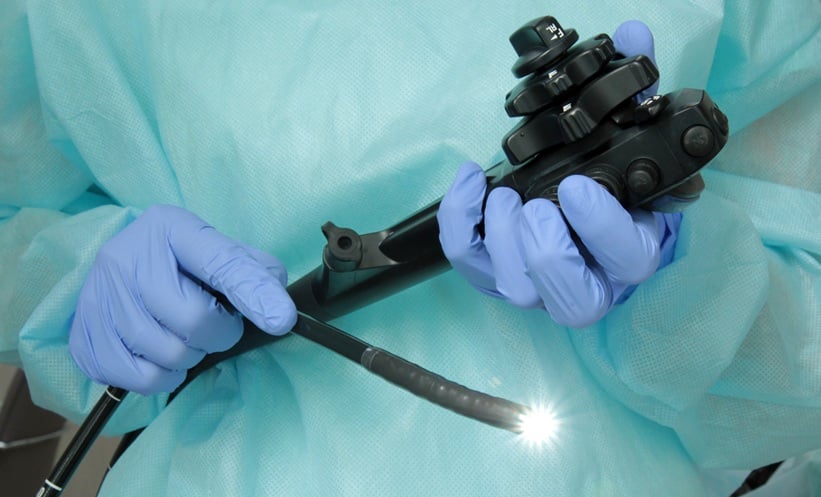A NEW study has found that Helicobacter pylori infection is associated with lower immune cell infiltration in gastric cancer tumours, resulting in a poorer prognosis for affected patients.
Researchers constructed a tissue microarray using gastric cancer samples from patients with and without H. pylori infection to explore its effect on the tumour microenvironment. They assessed levels of tumour-infiltrating lymphocytes (TILs), key immune cells involved in the body’s anti-tumour response, along with markers such as CD3, CD8, and PD-L1 using H&E and immunohistochemical staining.
The results revealed a clear trend: patients with H. pylori-positive gastric cancer had significantly fewer TILs and CD8+ TILs, immune cells critical to tumour surveillance and destruction. In contrast, higher levels of these immune cells were strongly associated with better survival outcomes.
By comparison, those infected with H. pylori showed a marked reduction in survival, supporting the idea that the bacteria contributes to immune evasion in gastric cancer by suppressing anti-tumour immune responses.
“Our findings suggest that H. pylori may facilitate tumour progression by impairing immune cell infiltration, weakening the host’s natural defences against cancer,” the authors concluded.
These findings underline the importance of early detection and potential eradication of H. pylori, not only to prevent gastric cancer but also to potentially enhance immune-mediated tumour control in those already diagnosed. The study may also have implications for patient stratification in immunotherapy trials targeting gastric cancer.
Reference
Chen Z et al. Helicobacter pylori is associated with less tumor-infiltrating lymphocytes and a poor prognosis in gastric cancer. BMC Gastroenterol. 2025;DOI: 10.1186/s12876-025-04003-w.








